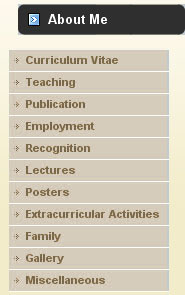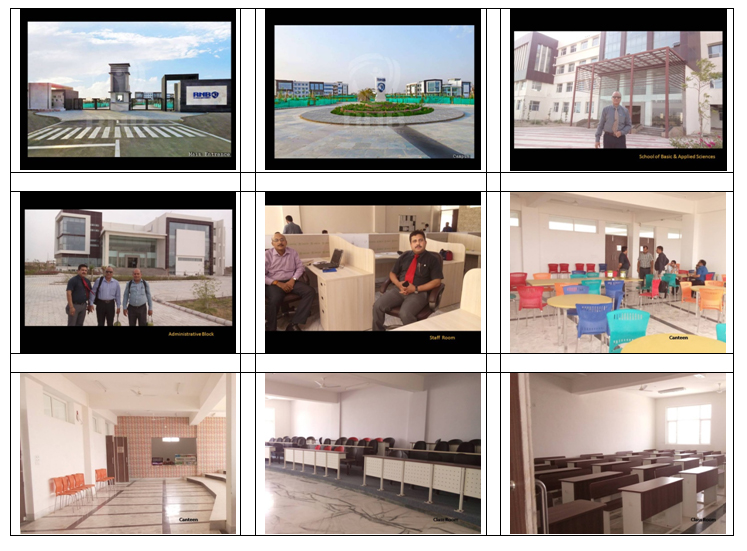welcome to my website |
||
Dr. Sanjoy Kumar Pal |
||
 |
RNB Global University, Bikaner, Rajasthan RNB Global University in Bikaner has been established by the initiative of Ram Bajaj Foundation. The university is a not for profit venture for imparting education to achieve academic excellence with global acceptance. The Campus is spread over an area of 300 acres and is situated about 20 km from Bikaner on Sri Ganganagar highway. The University has been approved vide Act No. 20 of the Rajasthan Vidhan Sabha. All the degrees and certificates issued by the University have been approved by the UGC. The first academic batch of the University started from June 2015. I worked in RNBGU as a senior faculty in the School of Basic and Applied Sciences from June 2016 to July 2017. RNB Global University Campus
................................................................................. Educational Trip to CSWRI & CIAH Students of BSc-II semester of RNBG University visited two National Research Institutes i.e., the arid campus of the Central Sheep & Wool Research Institute (CSWRI) and Central Institute of Arid Horticulture (CIAH). Dr. A K Patel, in-charge of the CSWRI campus explained to the students about the purpose of the arid campus of CSWRIthrough a short movie. The campus is engaged inthe genetic improvement of Magra and Marwari sheep breeds found in this region and suitable for carpet wool production. There is a big global market for carpet wool; India roughly exports around 10 thousand crores worth carpet wool every year. The campus provides best genotype of Marwari and Magra sheep to farmers. All the students were shown how the quality of wool is studied under microscope, later they were taken to the farm and lambs and the parent stocks were shown.
In CIAH, Dr. Shiv Ram Meena explained about the ongoing research activities of the institute through various posters kept in the museum. Most of the research work was centred on hybridization of exotic fruits plants with the local varieties so that they can be grown in the arid conditions. Dr.Meena informed that there are over 300 ber (Ziziphusmauritiana) varieties in the institute. For rapid propagation of plants biotechnological approaches viz. tissue culture techniques is adopted.
................................................................................. NRCC & NRCE Trip Students of BSc and Engineering stream visited National Research Centre on Camel (NRCC) and National Research Centre on Equine (NRCE). NRCC, Bikaner, is a Premier Research Centre of the Indian Council of Agricultural Research (ICAR) under the Department of Agricultural Research and Education, Ministry of Agriculture, Government of India. Dr. Debendra Kumar took the students around NRCC and explained whycamel is an important animal component of the fragile desert eco-system. With its unique bio-physiological characteristics, the camel has become an icon of adaptation to challenging ways of living in arid and semi-arid regions. After Camel was made the state animal,extra focus is now being given to the genetic improvement of camel. The NRCE Bikaner is a satellite campus created in 1989for conducting researches for improving the technologies for optimization of reproduction and work performance of the equines. The Centre has the responsibility on generation of technologies for augmenting equine performance in order to uplift the socio-economic status of poor equine owners. Dr. Jitender Singh, Farm Manager took us around the institute. He also explained some of the on-going research activities.
.................................................................................
|
|









